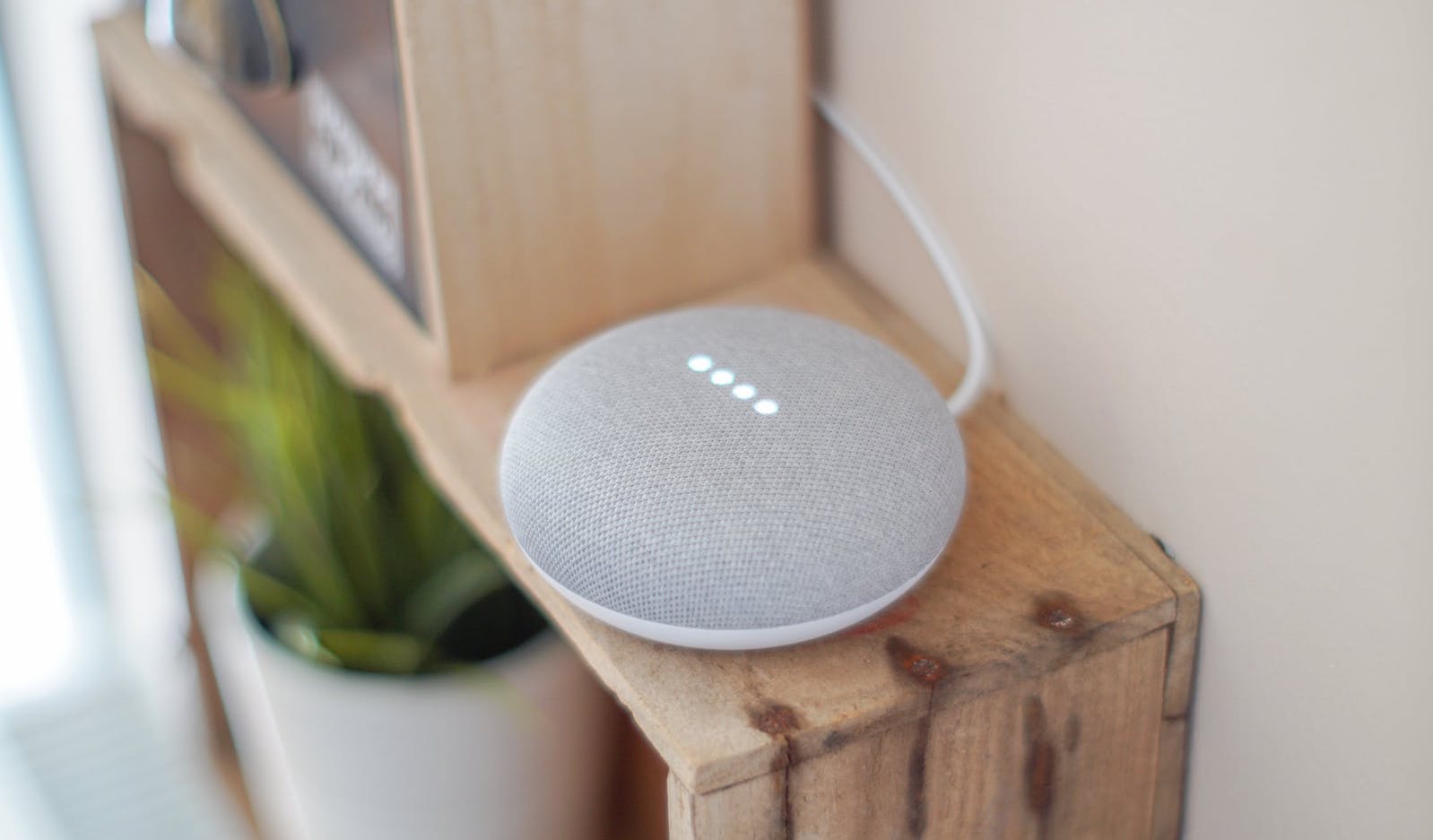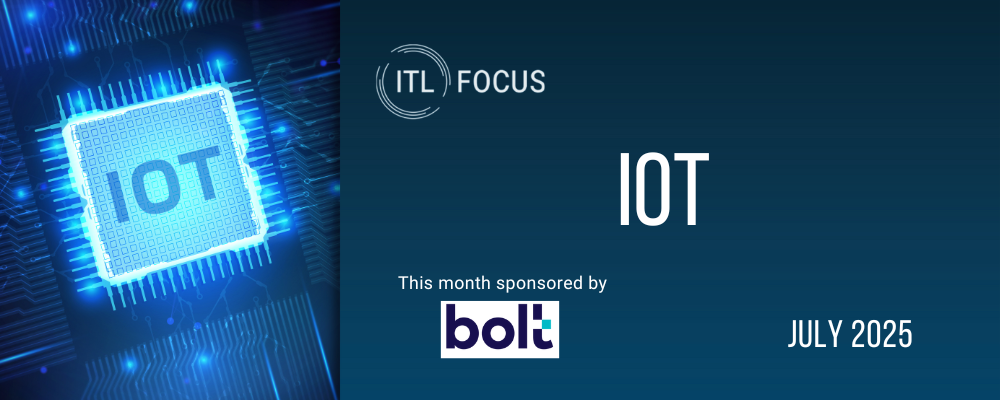KEY TAKEAWAY:
--Smart homes offer a vast array of benefits in: risk mitigation and prevention, data collection and analysis, personalized premiums, faster claims processing, home monitoring services, liability coverage, premium discounts, the environment and health and wellness.
----------
Smart homes, equipped with various Internet of Things (IoT) devices and technologies, have the potential to change the insurance industry.
Insurers have a natural synergy with smart home technologies. With almost 69% of U.S. households owning at least one smart home device, it is clear that such technologies help consumers manage, protect and efficiently run their homes via mobile applications.
While smart home technology is not a new concept, many insurance companies and homeowners are adopting it like never before to optimize housing efficiency, streamline daily tasks, improve quality of life and well-being and reduce urban household risks.
What Are Smart Homes?
Smart home technology integrates various devices and appliances with internet connectivity, enabling remote monitoring and control through mobile applications. Implementing smart home devices, such as smart security cameras, door locks, thermostats and water leak detectors, significantly reduces the risk of potential hazards and damages, affecting insurance policies in many ways.
Here's how smart homes and insurance are connected
Risk Mitigation and Prevention
Smart homes are equipped with sensors, cameras and connected devices that can help prevent accidents and damages. For example, smart smoke detectors, water leak sensors and security cameras can detect potential hazards and alert homeowners in real time. Insurance companies can offer lower premiums or incentives to homeowners who invest in these technologies, as they reduce the risk of costly claims.
Data Collection and Analysis
Smart home devices generate a wealth of data related to occupancy patterns, usage of appliances and environmental conditions. Insurance companies can leverage this data to better understand customer behavior and assess risks accurately. For instance, if a homeowner's data shows responsible use of heating and cooling systems, they might be eligible for lower energy-related insurance premiums.
Personalized Premiums - Usage-Based Insurance (UBI)
By leveraging data from connected devices, insurance providers can tailor premiums based on homeowners' usage patterns and behaviors.
The data collected from smart homes can be used to create personalized insurance policies. Traditionally, insurance policies were based on statistical models and generalized risk assessments. However, with the advent of smart home technology, insurers can now offer UBI. This way, homeowners have more control over their premiums, and insurance companies can better assess individual risk profiles.
Faster Claims Processing
In the event of a claim, IoT devices can provide valuable data to insurance companies for faster and more accurate claim assessment. For instance, if a burglary occurs, security camera footage can help verify the claim and expedite the claims process.
Home Monitoring Services
Insurance companies might offer home monitoring services as part of their policies. These services could include continuous monitoring of security systems, smoke detectors and other safety devices. This not only enhances home security but also provides peace of mind for homeowners.
Devices, such as connected security cameras, smart locks and water leak sensors, offer real-time monitoring and early warning capabilities. These devices can detect potential threats, such as fires, gas leaks or water damage, in real time. In case of emergencies, the devices can automatically trigger alerts and notifications to homeowners and relevant authorities, helping mitigate risks and minimize the extent of damage and potential insurance claims.
For example, The Flo by Moen Smart Water Security System learns your home's water usage and can automatically shut off the water supply if there's a detected leak, reducing the likelihood of insurance claims.
Liability Coverage
Smart home devices can potentially assist in liability claims. For instance, if a guest is injured on the property, data from smart security cameras or access logs could provide evidence about the circumstances, helping to determine liability and claims settlement.
Premium Discounts
Some insurance companies already offer discounts for homeowners who implement certain smart home technologies, such as security systems or leak detectors. These discounts can encourage homeowners to invest in these technologies and enhance their overall safety and security.
The Environment
Smart homes often have sustainable and eco-friendly features to improve homeowners' carbon footprint. For instance, smart homes can be equipped with thermostats to automatically adjust a room's temperature to help people conserve energy and cut their utility bills. Insurance companies can encourage eco-friendly initiatives by offering incentives for homeowners who purchase such environmentally responsible devices.
The adoption of smart home technologies and their impact on insurance can vary by region and insurance company. As technology continues to evolve, the insurance industry will likely find new ways to leverage smart home data to provide more personalized and efficient services to their customers.
Health and Wellness
Many smart home devices help improve the health and well-being of homeowners. For example, smart fridges can be programmed to reorder healthy food, and smart bathroom mats can monitor your weight and posture. Insurers that create programs and incentives encouraging plan members to adopt smart home wellness technology can help them live healthier and longer lives. Lower mortality and morbidity can help employee benefits insurers increase profits while reducing strains on healthcare systems.
A Smart Future
While smart homes offer many benefits, there are also concerns related to data privacy and cybersecurity. Insurance companies must ensure that the data collected from smart devices is properly protected and used responsibly to maintain customer trust.
Smart home and smart city technologies radically change the insurance value and are integral to creating more resilient and sustainable urban environments.






